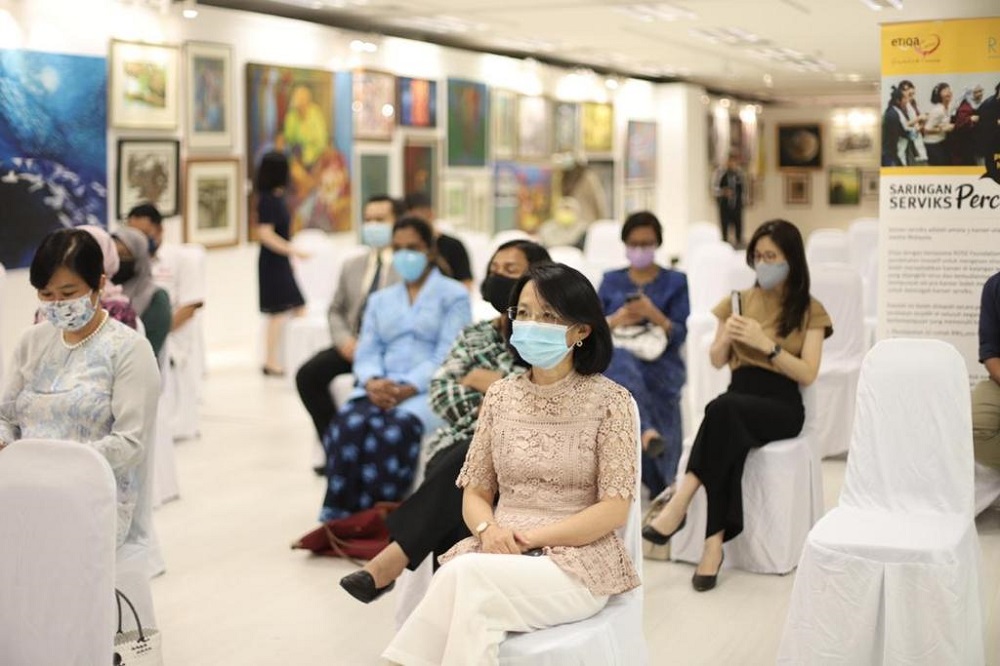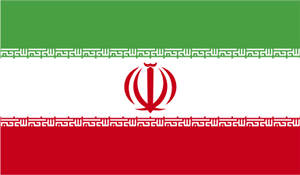Cervical_Cancer_Resolution_news_release_ROSE FOUNDATION_VCS
Despite being preventable, cervical cancer, which is caused by the human papilloma virus (HPV), is the fourth most common cancer among women globally. In Malaysia, it is the third most common cancer among women.
ROSE Foundation stands ready to work in partnership with other national stakeholders to ensure that these global commitments are taken forward in Malaysia.
On 11 August, 2020, the WHO, of which Malaysia is a member, formally announced the adoption of the cervical cancer elimination strategy. The WHO strategy emphasizes the need for the integrated implementation of services within communities, ensuring equity in access to screening and treatment and financial protection for all women. It outlines the three pillars of cervical cancer elimination – HPV vaccination, cervical screening and treatment – and provides concrete targets to be achieved by the year 2030.
“These targets will bring true momentum to providing girls and women with the health care they need in order to thrive,” said HRH Princess Dina Mired of Jordan, President of the Union for International Cancer Control (UICC). “UICC salutes WHO’s leadership in championing this cause, inspiring countries with the highest burden of cervical cancer to also commit to elimination.”
ROSE Foundation applauds the Ministry of Health Malaysia on its commitment to cervical cancer prevention and for the adoption of the World Health Organization’s Global Strategy, Cervical Cancer Prevention and Control: Accelerating the Elimination of Cervical Cancer as a public health problem by 2030.
To achieve this, we call on our government to disseminate and execute an effective national cervical cancer elimination strategy and implementation plan and to ensure that women’s needs and perspectives are well represented.
Malaysia was the first Asian country to roll out a national HPV vaccination program in 2010. To achieve the cervical screening targets, Malaysia will now have to phase in the new Guidelines for Primary HPV Testing in Cervical Cancer Screening in Malaysia.
Scaling up Program ROSE will be an important tool in Malaysia’s efforts to achieve the global cervical cancer elimination goal and save many women’s lives every year. Program ROSE (ROSE stands for Removing Obstacles to Cervical Screening) is a revolutionary approach in cervical cancer screening which integrates self-sampling, HPV testing and an e-health platform. Malaysia is the first country globally to deliver this integrated cervical screening solution and provides a model for other jurisdictions in the ASEAN to follow.
Women carry out the simple procedure themselves by using a swab, thus ensuring privacy and avoiding the embarrassment and discomfort of a Pap smear carried out by a doctor at the clinic or hospital. Results of the HPV test and subsequent follow-up are communicated to the women via their mobile phones, and those with a positive test result are linked to a government hospital with appropriate expertise for follow-up. It has proven to be highly acceptable to women and empowers them to take steps to protect themselves from this preventable disease.
ROSE Foundation will work alongside the government to mobilise community support and play a lead role in building knowledge and confidence in key prevention and early detection services. We invite all stakeholders to join us in building a partnership for elimination in Malaysia.
“We want all women in Malaysia to know about cervical cancer and to know it’s preventable. They must be informed about how this cancer can be prevented and where to go for help. We want our community to be knowledgeable and support girls and women in prevention to maintain a healthy cervix,” said Prof. Adeeba Kamarulzaman, the chair of ROSE Foundation.
WHO Member States adopted the strategy alongside other health resolutions as part of the silence procedure launched after the last World Health Assembly in May 2020. The adoption sends a strong signal of worldwide interest in progressing on these important public health issues, despite the COVID-19 pandemic that is still raging.




















